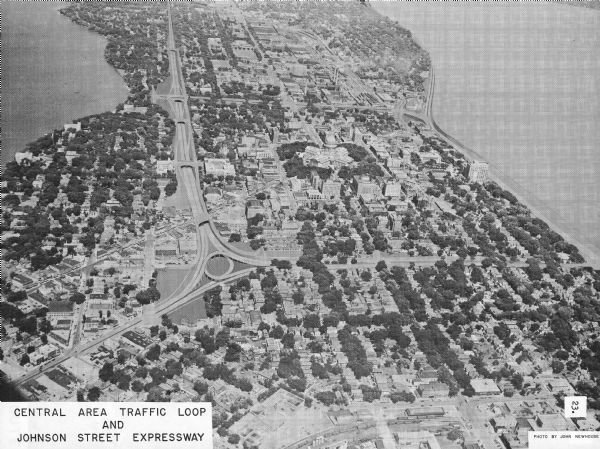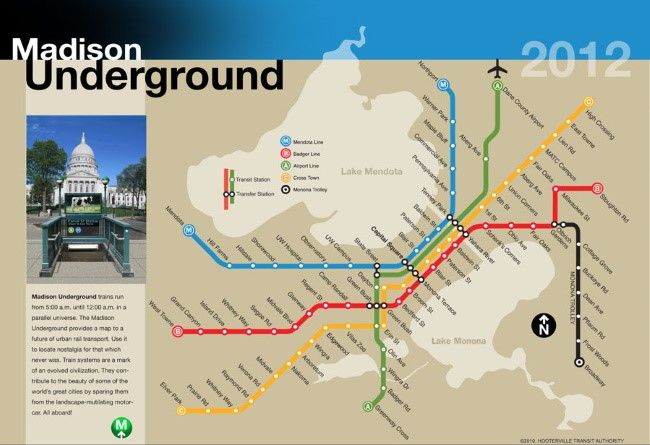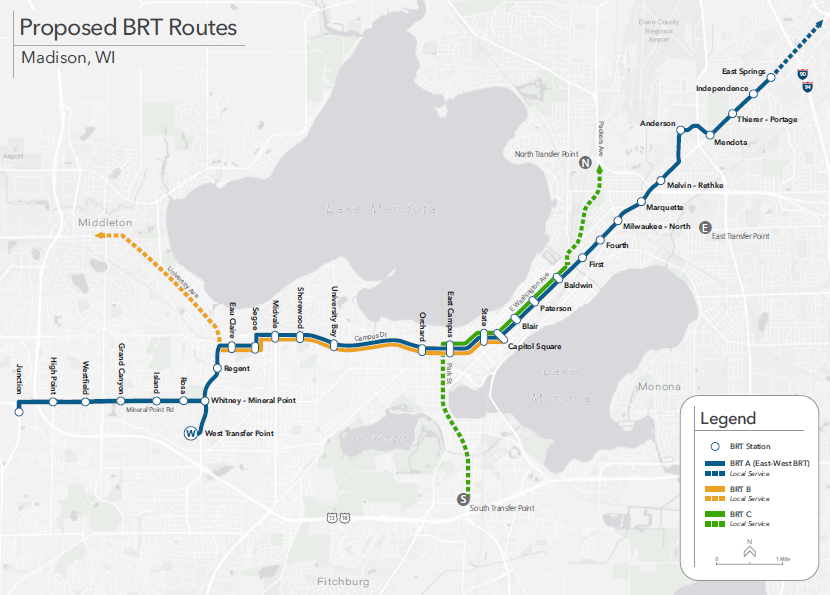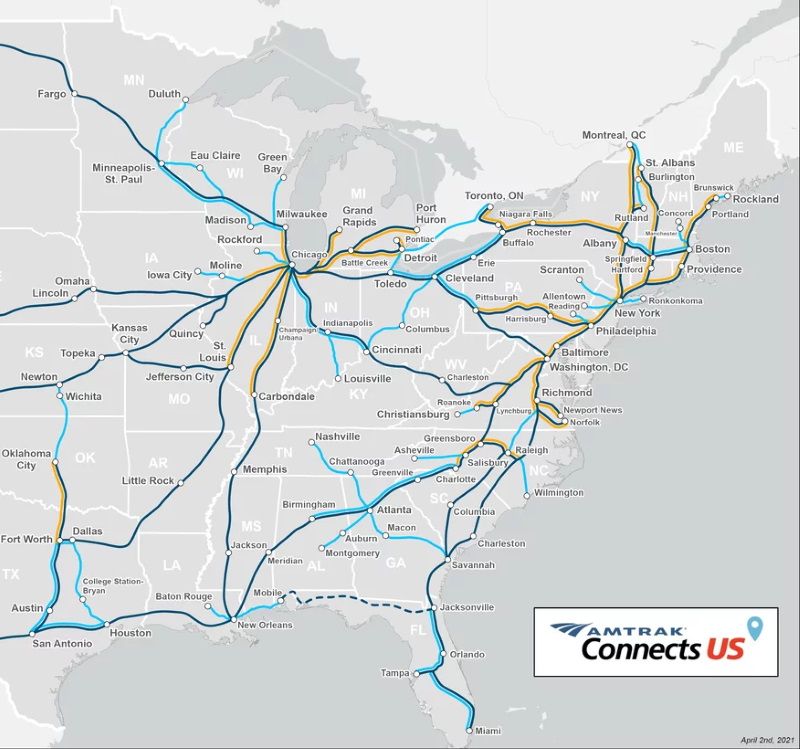Recently, say, in the past 2 or 3 weeks, my Twitter feed has had links to several stories about the construction of the interstate system and how many black neighborhoods were laid waste by its construction. I haven't been able to figure out exactly why these stories are suddenly being tweeted. President Biden acknowledged this awful bit of our history earlier this year. Perhaps his infrastructure plan has renewed conversation about it in anticipation that we might actually move forward with at least some of the massive rebuilding projects envisioned by the White House.
This article from February notes that there are movements afoot to remove segments of the interstate system rather than rebuild them. Although Montgomery is the focus of this AP piece, it notes:
In Miami, construction of Interstate 95 wiped out 10,000 homes and a black business district. Interstate 40 in Nashville destroyed 80 percent of black businesses in the city and 650 homes. In St. Paul, I-94 crushed the bustling black Rondo neighborhood and displaced nearly 3,000 families.
This is a good look at some of the displacement in Chicago when the interstates were built and here's one about the effects of I43 construction in Milwaukee. The article about Chicago notes that it wasn't just blacks who found themselves displaced by interstate construction. It quotes a Chicago Tribune story about the beginning of construction from 1949 and says of the neighborhood first on the chopping block, "Today the community population of 50,000 includes chiefly persons of Italian, Mexican, Greek, Jewish, and Negro ancestry." Historian Beryl Satter wrote of the route going through the Jewish neighborhood of West Garfield Park, "Its construction was a physical manifestation of Jewish Chicagoans’ political powerlessness."
Unlike Chicago, Madison has never demolished perfectly fine neighborhoods to make space for expressways. However, I learned fairly recently that there were plans in the mid-50s to run an expressway through our fair burg. To wit:
Back in 2012
a local artist imagined a subway system for Madison.
First of
all, the city hired a new big cheese for Metro Transit. The new guy, Justin
Somebody-Or-Other, headed the implementation of Bus Rapid Transit in
Indianapolis. He's younger and from out of town so he
brings a fresh perspective to our system which I think to be a good thing. I heard him in a meeting a few months ago say that, after moving here and taking the bus for the first time, he was surprised at how complicated the bus system is here. It was good to hear him say that and gives me hope that the situation will change.
Secondly,
they've hired Jarrett Walker's team to completely overhaul the bus system from
the ground up. Walker wrote a book and maintains a blog called "Human Transit" wherein he discusses his ideas about what makes transit good and
current events in the industry. His company recently did a much-ballyhooed
transit network redesign for Houston. Well, a few years ago.
I am confident that the Walker team will be able to come up with some designs which would make taking the bus here in Madison a less complicated endeavor and make it more useful, on average. Our bus network seems to be a patchwork of routes, very few of which run frequently (every 15 minutes or less). Every so often a new route is created which usually serves a neighborhood on the periphery. They usually run only every 30-60 minutes and sometimes only during morning and evening rush hours. Madison Metro tries to offer coverage even if it's not always very useful.
Since there is little to no new money dedicated to the redesign, there will be some tough choices to make. For instance, I can envision fights ahead about which far-flung, auto-centric neighborhoods get service and how much. There is an equity component to the redesign. Hopefully we won't be confronted by a Sophie's choice between, say, providing service to low density areas populated by minorities and service to areas with more or less guaranteed high and white ridership .
Lastly, our
new mayor has finally begun the process of implementing BRT.
Credit must
go to our new(ish) mayor, Satya Rhodes-Conway, for pushing this forward. Our previous mayor, Paul Soglin, had, in my opinion, become hidebound and unwilling to take the leap. I heard him and my alderman, David Ahrens, say many times, "Well, of course we'd love to bring better bus service to Madison. But there's nothing we can do until the Republicans no longer control state government." I was unimpressed with their Hudson attitude - "Game over, man!" Of course, the implementation of BRT is contingent on federal funding. Back in 2010 or so as Madison and
some surrounding communities (and Appleton, I believe) were moving to create a
Regional Transit Authority, the Republican a**holes in the legislature
proceeded to outlaw them. (So much for local control.)
Still, Rhodes-Conway deserves credit for starting a network redesign and for getting things going with BRT. Soglin and Ahrens didn't really seem to care about public transit to me whereas Rhodes-Conway is directing funding to it and actively seeking out public support and input.
If all goes as planned, we'll have BRT and a whole new network up and running in 2024. Hopefully the current plague will have been defeated by this time so I can start riding the bus again. I am always more than happy to let someone else drive, especially when the weather is lousy.
In other transit news, Amtrak's vision for 2035 includes a stop here in Madison.




No comments:
Post a Comment